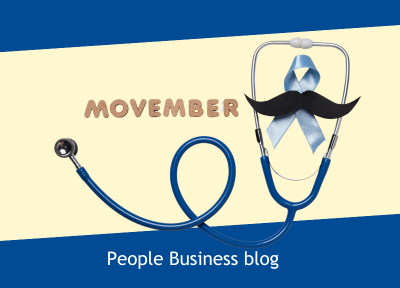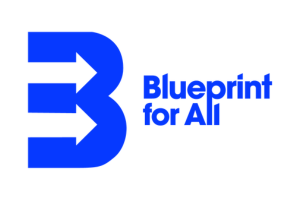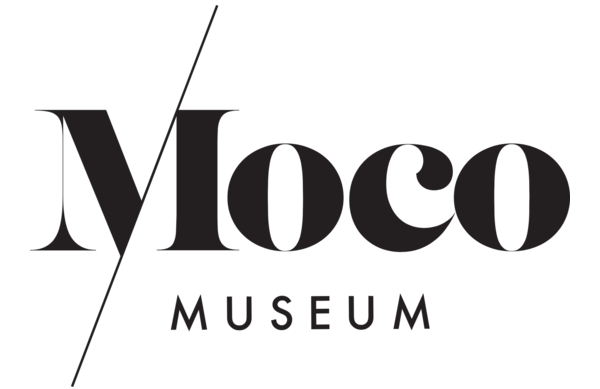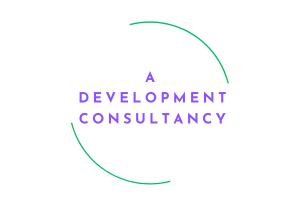Men’s health in the workplace, modern fatherhood, and the quiet crisis we don’t talk about

Introduction by Daniel Roberts-Green, Senior Talent Consultant, People Business
Every year, as the John Lewis Christmas advert drops, there’s a collective moment where Britain pauses — often teary-eyed — to feel something. This year’s ad hit differently. It explored male loneliness in that gentle, understated way John Lewis has mastered: a simple story that carries a truth many of us are living. For me, as a young father, it felt like someone had finally shone a light into the quiet spaces men often occupy — the ones where we’re not quite sure who we’re meant to be anymore.
I’ve often struggled with balance. Between being a good dad, a present husband, a reliable colleague, and somehow still a person with his own interests and ambitions, there’s a constant feeling of being stretched. And it’s not just the logistics of modern life — it’s the identity piece too.
We live in a world rightly celebrating women’s empowerment and progress. But somewhere along the way, the conversation about men’s health — mental, emotional, and physical — seems to have lost its footing. There’s a narrative, often fuelled by social media, that masculinity is something to apologise for. You only need to open your phone to find adverts implying fathers aren’t affectionate enough, or headlines criticising men for not being emotionally literate. While much of it stems from good intentions, the result can leave men unsure of how to show up — for others, and for themselves.
And when that uncertainty festers, darker voices start to fill the silence.
Far-right influencers and online commentators have capitalised on this disorientation, offering a version of ‘manhood’ built on dominance, resentment, and control — the very traits that caused so much harm in the first place. They weaponise insecurity, giving lost men a place to belong, but only if they accept a warped caricature of masculinity.
It’s easy to roll our eyes at it — until you realise how many are listening.
What we need instead is not a pendulum swinging back, but a broader definition of strength: one that includes vulnerability, empathy and the courage to ask for help. And that’s where the John Lewis ad lands so beautifully — because it reminds us that loneliness isn’t weakness. It’s human.
Movember — and beyond
November, or Movember, has done brilliant work in getting people talking about men’s health. From prostate cancer to mental health and suicide prevention, it’s encouraged conversations that were once taboo. Workplaces are filled with moustaches and fundraising pages — all for a great cause.
However when December arrives, the moustaches come off, and for many men, so does the focus on their wellbeing. The challenge lies in sustaining that momentum all year round, particularly in the workplace, where we spend most of our waking hours.
Men’s health in the workplace
In many organisations, wellbeing is a focal point — but men’s health often remains a subtext rather than a focus. Statistically, men are less likely to access employee assistance programmes, less likely to disclose mental health struggles, and more likely to take their own lives. That’s not a coincidence.
Workplace culture still rewards stoicism and productivity over openness. The “how are you?” in the corridor rarely invites an honest answer. Many men are afraid that showing vulnerability will make them appear weak or unreliable — especially in competitive or fast-paced environments.
Tips on how to focus on men’s health at work
So, what can organisations do?
- Normalise the conversation. Encourage leaders to talk openly about their own challenges — whether that’s stress, fatherhood, or health. Seeing it modelled from the top matters.
- Create peer spaces. Informal groups or networks where men can talk without judgement can make a huge difference. They don’t need to be labelled “support groups” — even a breakfast catch-up with a wellbeing theme can help.
- Make flexibility visible. Many fathers still feel pressure not to take parental leave, or to “power through” family demands. Promote flexible working as something men do too — not just a benefit for women.
- Train managers to spot signs. Emotional withdrawal, irritability or changes in performance can all be indicators of burnout or distress. Equip managers with the confidence to start that conversation sensitively.
- Link health and purpose. Men often respond better when health messages are framed around performance and meaning — not just self-care. Remind people that looking after themselves helps them show up for their families, teams and ambitions.
A new definition of strength
Perhaps what’s needed most is compassion — both towards ourselves and each other. Being a good father, partner, or colleague isn’t about having all the answers. It’s about showing up, imperfectly, and staying open to learning.
Men need spaces to talk about what balance really means — how to be ambitious without losing themselves, how to be emotionally connected without feeling diminished, how to lead and love with authenticity rather than fear.
Because the truth is, strength has never really been about silence. It’s about honesty.
The John Lewis ad captured that in a way statistics never could: a reminder that even the strongest-looking men can feel desperately alone. So, as the Christmas lights go up and Movember winds down, maybe the best thing we can do — for ourselves, our teams, and our families — is to keep talking.
Not just once a year. But all year round.
If you would like to discuss how to focus on wellbeing and health in the workplace, get in touch to talk to one of our consultants.




